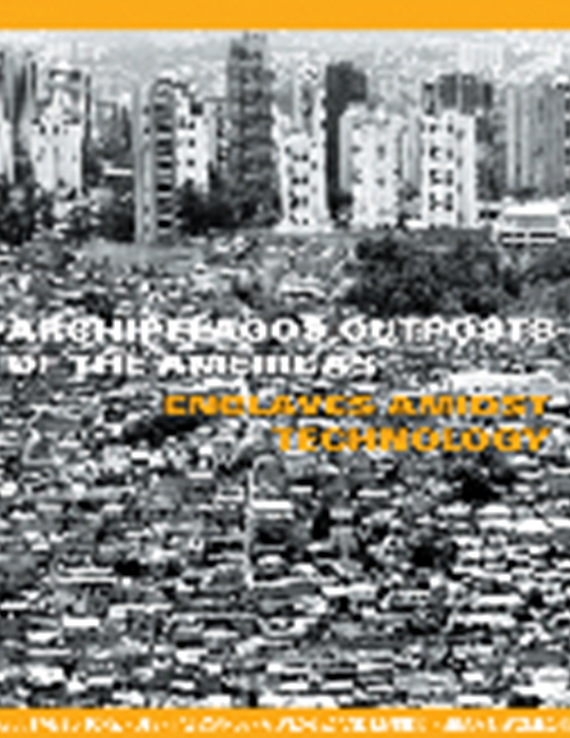Author(s): Grant Cunningham, Jori Erdman & Patrico Del Real
Studio South started with a belief that architecture should respond to people, culture, politics, history, and territory. The studio occurs in the Clemson University School of Architecture Graduate Program and was initiated by Assistant Professors, Patricio del Real and Jori Erdman. In a larger sense, the studio is located within the territory of south, which it engages directly and physically through investigations, projects, and research that result in full-scale interventions. In the school year 2003-2004, Studio South formed a collaborative partnership representing three parts of a successful outreach program: the academy, the community, and a cause or client. The partnership included Studio South; the larger professional, business, and governmental community; and the Pendleton Foundation for Black History and Culture (PFBHC) as owners of the property. The President of the PFHBC, Grant Cunningham, also teaches at Clemson so he became a key mediator for the project.Venturing into the realm of outreach, construction, and Southern culture, Studio South proposed the disassembly of a historic but condemned structure in a small African American community and reconstruction of the site to replace the disassembled structure. The Keese Barn disassembly involved making selective cuts through the building, studying and revealing space, politics, and construction with an awareness of the political implications of the act of removal.Studio South’s reconstruction involved working with the community to design a new structure for community gathering on the site, now called The Hundreds. A Memorial Block built of salvaged lumber to recreate the space of the former café tops a concrete foundation inscribed with narratives from Southern African American writing. Two axially cuts allowing access and creating views to other landmarks in town transcribe the Block. A roof and wall define the original massing of the Barn as well as the porch area. A fire pit and community table invites new occupation and gathering to the site. Studio South offers a pedagogical framework for exploring the overlaps between community, practice, and the academy. By addressing theoretical issues of territory and the South, it brings greater depth to a design/build process and mandates collaborative interaction with community.
Volume Editors
Marilys R. Nepomechie & Robert Gonzalez
ISBN
0-935502-54-8

 Study Architecture
Study Architecture  ProPEL
ProPEL 
